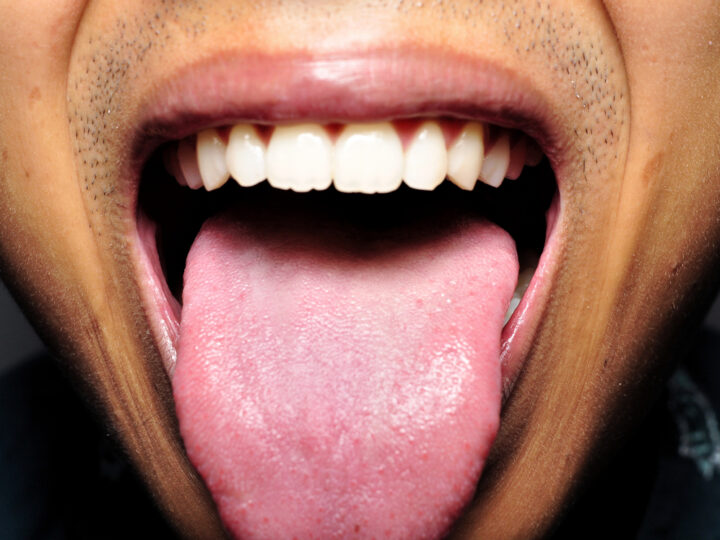7 WAYS HEALTH QIGONG CAN IMPROVE YOUR LIFE
And How To Start

Looking for ways to improve your life? We might have something for you. Qigong is a modality that’s been used in traditional Chinese medicine for thousands of years. The goal of this practice is to harmonize the energy within the mind, body and spirit. While qigong was developed almost 4,000 years ago, it can still change your life today.
There are four main elements in qigong:
- Body postures
- Meditation
- Breathing exercises
- Guided imagery
Combining these elements and practicing qigong daily can provide many mental and physical health benefits. Qigong is a great way to extend the benefit of weekly Acupuncture sessions, making your Chinese Medicine treatment plan more effective. Let’s get into it.
Benefits of Qigong for Daily Life
1: Reduces Chronic Pain

In traditional Chinese medicine, when your qi is blocked it can result in chronic pain. The low-impact movements and relaxation methods of qigong may reduce chronic pain symptoms. In fact, research has shown improvements in chronic pain patients who practice qigong. Chronic pain can interfere with daily life and make us more tense because we avoid using the areas that hurt.
If you are experiencing chronic pain, or any pain really, qigong may help. The postures are designed to be easy on your body and help you stretch out tight muscles that may be bothering you.
2: Reduces Chronic Fatigue
Chronic fatigue causes extreme tiredness that can make it difficult to get out of bed and no amount of coffee will help. The problem is that there’s no known cause of chronic fatigue which can make it difficult to treat.
While there isn’t much research on chronic fatigue, research has shown that qigong may reduce symptoms. A study that was done shows that within 3 to 6 months of regularly practicing qigong, participants saw improvements in sleep, pain, mental attitude and mobility. Research shows Qigong improves oxygenation too.
3: Improves Anxiety and Depression

It’s a known fact that practices such as yoga can improve your mental health, but what about qigong? This practice incorporates many elements such as breathing exercises and meditation that should help ease anxiety and depression symptoms.
Qigong is not only great for physical health, but mental health as well. In fact, research has shown that practicing qigong may reduce symptoms of depression. This is likely due to the fact that qigong involves mindfulness and breathing exercises. It’s designed to relax you, which is exactly what most of us need in our chaotic lives.
Studies also show that qigong may activate the parasympathetic nervous system, which is a network of nerves that helps your body to relax. This means qigong can also help you lower levels of stress and anxiety within the body.
4: Improves Balance and Flexibility
Who doesn’t want to be more flexible? Practicing qigong can help you improve balance and flexibility due to the slow and controlled movements. The more you practice, the better you’ll be! A study done in 2020 shows that participants who practiced qigong for 12 weeks had a significant improvement in balance and their walking gate.
5: Qigong Can Help You Focus
 With such busy lives, it can be hard to keep track and focus on everything we need to do. Taking the time for yourself to practice qigong can help. Qigong’s main focus is on centering the breath, mind and body. As you practice, you should notice clarity in your mind to help you focus. So, if you’ve been struggling with productivity and getting tasks done, try qigong.
With such busy lives, it can be hard to keep track and focus on everything we need to do. Taking the time for yourself to practice qigong can help. Qigong’s main focus is on centering the breath, mind and body. As you practice, you should notice clarity in your mind to help you focus. So, if you’ve been struggling with productivity and getting tasks done, try qigong.
6: Qigong May Support Respiratory Health
Another way qigong can improve your life is by supporting respiratory health. This is especially important for older people as COVID-19 continues to be a concern. Research suggests that qigong can be a complementary therapy for treating and preventing COVID-19 and other respiratory illnesses.
7: Boosts the Immune System
Qigong may also help to improve the overall immune system. Evidence in research suggests that this may be because the slower movements used in qigong promote better circulation throughout the body and lubricate the joints.The published study reviewed several trials of people at different points of life. They found that the practice of qigong can affect the immune system positively.
Should I Practice Qigong?
Simply put, yes. Adding qigong into your daily life is going to have physical and mental health benefits. The good news is that this low-impact practice doesn’t need to take up a lot of time. Incorporating the practice into your life at least once a week will allow you to see the benefits.
Also note Medical Qigong is a holistic approach to healing and addresses symptoms as well as the cause of disease. Medical Qigong is directed under a competent and thoroughly trained practitioner who is capable of making a differential diagnosis rooted in Chinese Medicine theory. Medical Qigong is the specialized skill of applying Qigong principles within the theory and diagnostic parameters of Chinese Medicine.
Comments (0)
Leave a reply
You must be logged in to post a comment.




